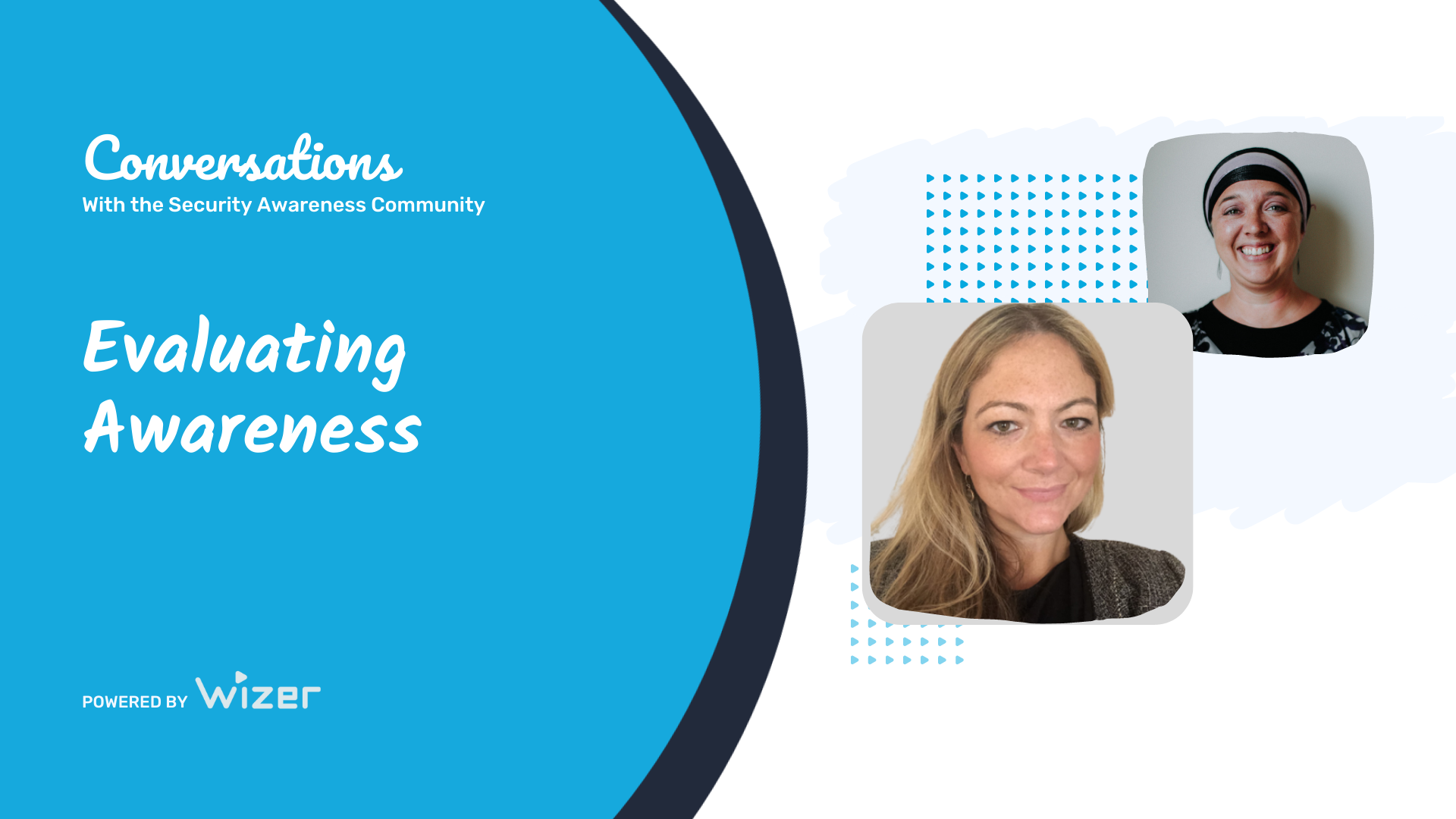When Your Faith Is Turned Against You
Religious Faith or Religious Fraud
Religious fraud and scams have been around for thousands of years. Technology is always changing the threat landscape which means that religious scams have also changed. So what are they, what can we do to avoid them, and what should we do if we become a victim of one.
There’s a dividing line between “what is faith or belief and fraud” and “what is fraud.” If an individual believes what they are saying and they are receiving donations, technically, that is not fraud. If the person doesn’t believe what they are saying and they are committed to their beliefs for financial gain, that is fraud.
There’s also a fine line. If you contribute to an organization for a variety of reasons and then discover things weren’t as they appeared, it may or may not be fraud from a legal or criminal standpoint. This is challenging on law enforcement when religion and intent come into play.
The impact that religious scams have on community
Using people’s trust impacts the community and society as a whole. For example, legitimate religious charities suffer because of the wrongdoings of religious scammers. If you’ve been burned by one before, you may not be so willing to donate to one that is actually real. This hurts not only the organizations but the people they are trying to help. It is hard for these charities to bounce back in the face of so much distrust.
How scammers use the mind to get what they want
Most people don’t think it’s very common to fall for a religious scam. So how and why do people’s faith get turned against them? Our brains. There is a simple notion that anyone involved in leading a flock must “simply be good.” Because of this, we are somewhat blinded and easily manipulated. The majority of fake theologists are taught “this is your tribe, believe your tribe, they will do you well.” They are trying to live a righteous life and get to whatever endpoint they need to get to. If you have that idea but then you are around another tribe you believe are like minded, there will always be a “wolf in sheep’s clothing” amongst the flock and you are taught to believe and follow. You cannot trust everybody in your tribe. Take the time to do your vetting and make sure what they are saying is true.
Pulling on your emotional strings
We need a high degree of healthy skepticism. We are not wired this way. It is something we learn after. According to Lisa Barrett’s Ted Talk, emotions are not with us, they are built. Experiential blindness is also partly to blame. Our brain is unable to properly see situations for which we have no prior experience. For example, people who are used to only driving or seeing cars will notice those first before they see a motorcycle on the road. In order to see what is, it is important to take a step back, think, and then take action.
Take COVID-19 for example. Religious organizations are shut down, many have resorted to going online, and many need help from their local parishioners to stay in business. And all of us? Our heart yearns to be a part of something and have faith that things will be okay. Our churches and like minded people who attend are our support network.
Who are these religious scammers?
The answer is anyone. Scammers are people that make a decision to scam as a career. A woman in the UK claimed to be a cancer victim to get money and then claimed a miraculous recovery.
Most people think that religious scams come from a church but the truth is that they can come from anyone. There is a wide variety of people from all backgrounds that claim to be clergy. Some are real, most are not. You have clergy and parishioners that are everyday people, even former inmates who are or are not rehabilitated and these individuals could be part of religious road shows, churches, online churches, religious charities.
There are faith based organizations in Africa that are huge scamming organizations. They promote scamming as a religious practice. Just like any other company, they train. In the United States, we have smaller organizations that are scam based. A scam is a scam no matter how big. The context is the same, it’s just the names and stories that change.
Why do we trust them?
Stranger trust is a real thing especially when the intent of a spiritual leader seems to be for the good of the flock. We distrust only after we have learned more. We have to be skeptical up front and apply a realistic set of criteria to buy into after we find out if it is real. You cannot get captivated by the charisma of a spiritual leader. Tony Robbins and Jim Jones are NOT the same.
While your place of worship may be legit, the person struggling financially who is managing the website may not be. Maybe the person managing the online side of things is not too technically savvy and information online like your personal or church data are not secure. It makes for an easy target. Scammers can copy a website, fake emails, and even solicit donations.
Security Awareness IS Personal
Anything you learn about security awareness can be put to use anywhere at any time. Should companies train their employees about religious scams or does this cross a line? As long as you train employees with an understanding that they are being trained to help them learn how to deal with scams in real life and also share the information with family members, then no. We don’t believe so. Thinking critically is your best asset and security awareness is a life skill.
Give me something to believe in...like how to avoid scams
- A scam is going to focus on your primal desires like greed, jealousy, lust, or a negative personality attribute.
- Before donating money, check to see if the organization is registered with their state as a nonprofit. Are they affiliated with a larger organization as well?
- If you feel pressured, that is a red flag.
- Do a background check on the pastor. Most legit people don’t hide who they really are, especially when it comes to religion.
- Ask people in the community about their experience with an organization.
- If you are getting offered anything, look for substance instead of emotional drivers.
- There is going to be a sense of urgency driving you to make an uninformed decision. If something is time dependent, it’s probably a scam.
- Make sure a product advertised has a market and research the people involved as well as the business. Never invest in anything you don’t have institutional knowledge of.
- If you do invest, make sure you fully vet the organization, check on their returns, and verify they have a good track record.
- Regardless of any type of business you do with a religious organization, settle your emotions. Take a step back and think before you take any action (or give out any money).
To infinity and beyond (investment scams)
Oh the wonderful world of investing in something you believe in. There are two categories of religious organizations. In the USA, we have completely ungoverned entities meaning that anyone can declare themselves clergy in a church. In other parts of the world, religious organizations are governed.
In a perfect world, all religious organizations in the USA would be registered and verified business entities.
You got scammed, now what?
Only about 3% of scams are reported to law enforcement and according to major companies like McAfee, the realistic loss of dollars per year is estimated at 3 trillion dollars. So why aren’t we hearing about this?
Emotions play a big role in what people do (or don’t do) after they’ve been scammed. Self blame, self loathing, fear of talking to others could be some factors. For some, the level of embarrassment is too high, some are in denial, and some may not realize they’ve been scammed at all.
Getting scammed is a traumatic experience. It is something that needs to be worked through in order to move past it.
The Society of Citizens Against Relationships Scams (SCARS) organization is an invaluable resource that advocates for victims of online scams. You can visit them and learn more about online scams and what to do if you become a victim here.
Three basic steps you can take if you become a victim of an online scam.
1. Disengage. Stop the connection with the scam.
2. Report the crime.
3. Seek a recovery program or another form of support.
You gotta have faith
Faith is amazing but keep in mind that there are people out there who will try to use it against you. Keep your eyes on your pocketbooks, take a step back before acting and remember, if something is too good to be true, it probably is.
Just for fun, did the snake actually scam Adam and Eve?
(These are opinions from our panelists.)
Nina: No, they were told not to do something and they did.
Tim: It could have been. The snake played on her emotions and gave her a sense of urgency.
Jeff: The snake was the angel Lucifer. He was a loyalist of God sent down because he didn’t like the corporate policy of “people first.” The reality is that it was social engineering and the lure was an attractive piece of fruit. It is an allegory of modern cautionary tales.
Moderated by
Gabriel Friedlander - Wizer Founder and CEO
Panelists:
Tim McGuinness, Ph.D. - Senior Partner, Board Member, Advisor, Navy Veteran
Nina A. - Entrepreneur | Scrum Master and Release ManagerJeff D. - Information Security and Privacy Analyst 2 at Catholic Health Initiative

Gabriel Friedlander
Gabriel Friedlander is the Founder & CEO of Wizer, whose mission is to make basic security awareness a basic life skill for everyone. Wizer has been rapidly growing since being founded in 2019, and now serves 20K+ organizations across 50 countries. Before founding Wizer, Gabriel was the co-founder of ObserveIT (acquired by Proofpoint). With over a decade of experience studying human behavior, he is a prolific content creator on social media, focusing on online safety to elevate public understanding of digital risks. His engaging 1-minute videos have captured the attention of millions worldwide, going viral for their impactful messages.


